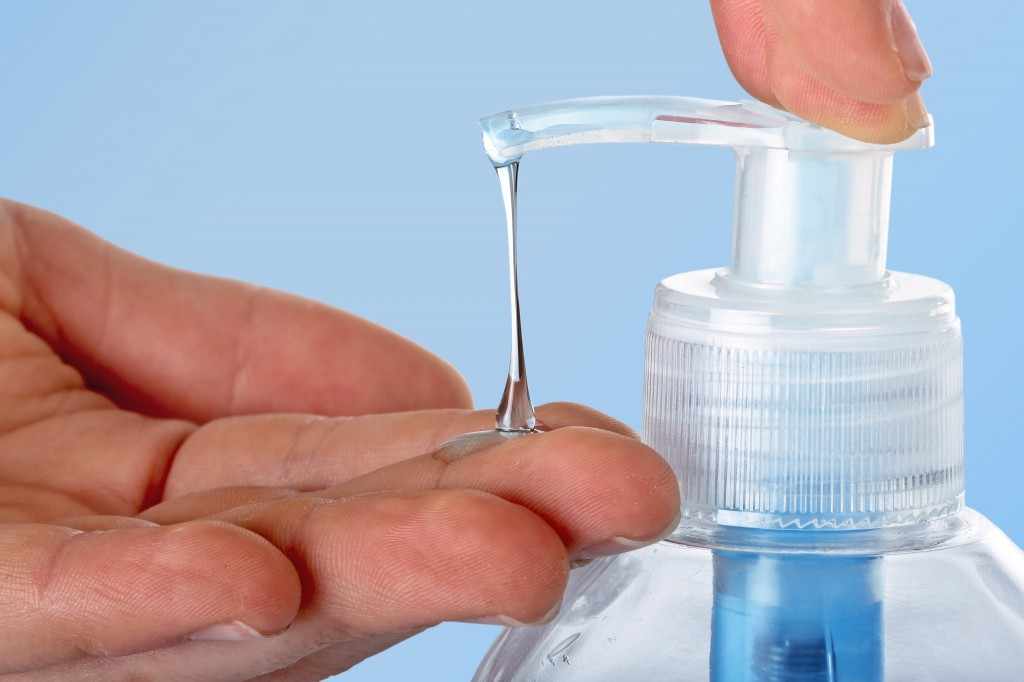-
Featured News
No more over-the-counter antibacterial wash with certain ingredients

It's been suspected and reported, for years, that over-the-counter antibacterial soaps are not as effective as companies claim. Now, the U.S. Food and Drug Administration (FDA) has ruled over-the-counter (OTC) consumer antiseptic wash products containing certain active ingredients can no longer be marketed. According to the FDA release:
Companies will no longer be able to market antibacterial washes with these ingredients because manufacturers did not demonstrate that the ingredients are both safe for long-term daily use and more effective than plain soap and water in preventing illness and the spread of certain infections.
This final rule applies to consumer antiseptic wash products containing one or more of 19 specific active ingredients, including the most commonly used ingredients – triclosan and triclocarban. These products are intended for use with water, and are rinsed off after use. This rule does not affect consumer hand “sanitizers” or wipes, or antibacterial products used in health care settings.
“Consumers may think antibacterial washes are more effective at preventing the spread of germs, but we have no scientific evidence that they are any better than plain soap and water,” said Janet Woodcock, M.D., director of the FDA’s Center for Drug Evaluation and Research (CDER). “In fact, some data suggests that antibacterial ingredients may do more harm than good over the long-term.”
Previous Mayo Clinic News Network report:
Regular Soap Just as Effective as Anti-Bacterial Soap
You can find more information about antibacterial soap on mayoclinic.com - "Despite its popularity, antibacterial soap is no more effective at killing germs than is regular soap. And using antibacterial soap may lead to the development of bacteria that are resistant to the products' antimicrobial agents, making it even harder to kill these germs in the future. An alcohol-based hand sanitizer is a better alternative if soap and water aren't available."







